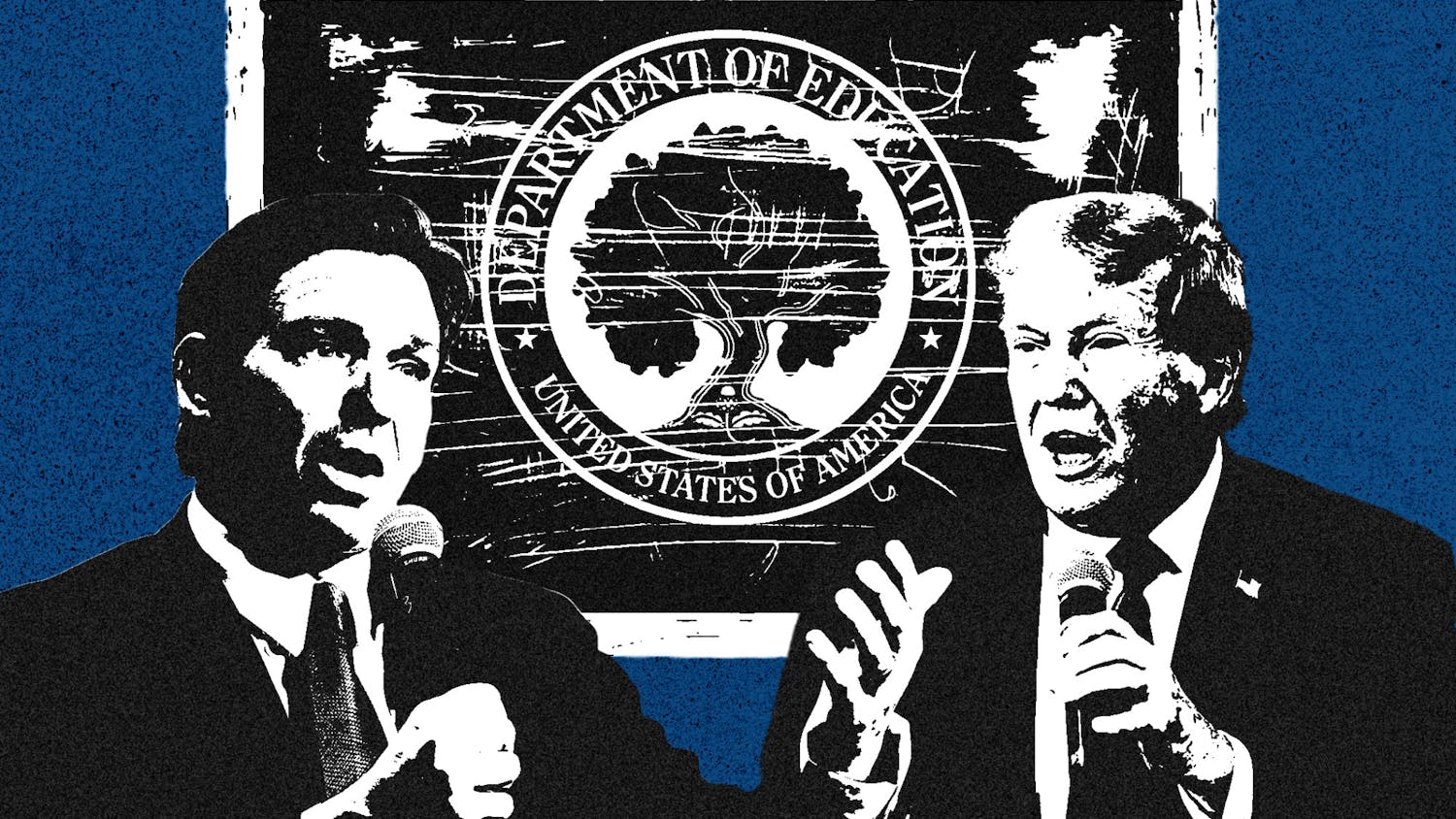As the political landscape heats up for November’s rematch, the specter of former President Donald Trump’s legal battles looms large.
The former president faces a staggering 91 felony counts spanning two state courts and two federal districts, each one carrying the possibility of a prison sentence. Additionally, he is saddled with hundreds of millions in legal fees. In a recent poll from Ipsos and Politico, roughly half of respondents claimed to believe Trump is guilty of these alleged crimes, a number primarily split across partisan lines. Yet, in that same poll, more than a third said they were unfamiliar with Trump’s ongoing legal battles.
Amidst the news fatigue surrounding Trump and his behavior, it is understandable if you haven’t kept up with Trump’s court cases. Allow me to break them down for you.
In May 2023, a jury found that Trump sexually assaulted and defamed American journalist E. Jean Carroll, awarding her $5 million in damages. Additionally, a separate defamation case resulted in an $83.3 million judgment against Trump in January.
Despite claiming he had never met “Miss Bergdorf Goodman,” as he refers to her, two juries have now held him responsible for sexual assault in the department store’s dressing room. It is important to note that Trump was held liable for sexual assault, not criminally charged with it.
Last fall, New York Attorney General Letitia James sued Trump, his adult sons and his former aide, Allen Weisselberg, for financial fraud related to property valuation. The defendants allegedly manipulated property values to lower tax bills or improve loan terms in an effort to inflate Trump's net worth.
In February 2022, Justice Arthur Engoron ruled that Trump must pay $355 million plus interest, reflecting his gains from the fraud. Trump has appealed the ruling, and an appeals court later reduced the required bond amount to $175 million.
And these are just the decisions.
Jury selection for Trump’s hush-money criminal case will begin in Manhattan on April 15. Trump has entered a plea of not guilty to 34 felony charges, which accuse him of falsifying business records. In 2017, Trump allegedly concealed checks to his former attorney, Michael Cohen, purportedly to disguise their nature as repayment for funds provided to adult film star Stormy Daniels before the 2016 election. These funds were allegedly intended to secure her silence about their sexual encounter.
In June 2023, Special Counsel Jack Smith filed 37 felony charges against Trump in the Mar-a-Lago documents case. These charges allege Trump unlawfully removed documents from the White House upon leaving office, including willful retention of national security information, obstruction of justice, withholding of records and false statements.
Finally, the Jan. 6, 2021, insurrection at the U.S. Capitol has resulted in significant legal consequences for Trump. In Fulton County, Georgia, District Attorney Fani Willis brought forth a racketeering case against Trump and 18 others, alleging a widespread conspiracy to steal the 2020 election. In Washington, D.C., Special Counsel Smith charged Trump with four felonies, which are now pending until the Supreme Court hears a case on whether the former president should be immune to prosecution.
Despite these legal challenges and President Joe Biden’s recent surge in the polls, Trump is still a formidable contender for the presidency, with leads in Nevada, Arizona and North Carolina. The election remains anyone’s game, with much to unfold before November.
The potential ramifications of Trump's reelection extend beyond his legal battles, with profound implications for the rule of law and the integrity of democratic institutions. A scenario where Trump secures another term in office could allow him to stay shielded from accountability through executive power. Namely, Trump could refuse to accept any punishments stemming from ongoing state cases, setting a precedent of impunity for high-ranking officials.
More concerningly, Trump could potentially weaponize our justice system to retaliate against his political opponents. According to the Washington Post, Trump has privately told advisers he wants the Department of Justice to investigate former allies critical of his previous term. Publicly, he has promised to appoint a special prosecutor to “go after” Biden and his family for unsubstantiated corruption accusations.
As Americans weigh their options this November, it is imperative to consider the character and competence of the candidates vying for the highest office in the land. The severity and scale of Trump's legal entanglements raise serious questions about his suitability for office.
Now, the burden lies with voters to question the blind faith that propelled Trump to the presidency and secured his third Republican presidential nomination. When voters unquestioningly support leaders despite evidence of their criminality, it enables those leaders to act with impunity. As Trump said himself, he could “stand in the middle of Fifth Avenue and shoot somebody” without losing voters.
Let’s prove him wrong.
Reed Jeffries is a UF political science junior and the recruitment coordinator for UF College Democrats.






